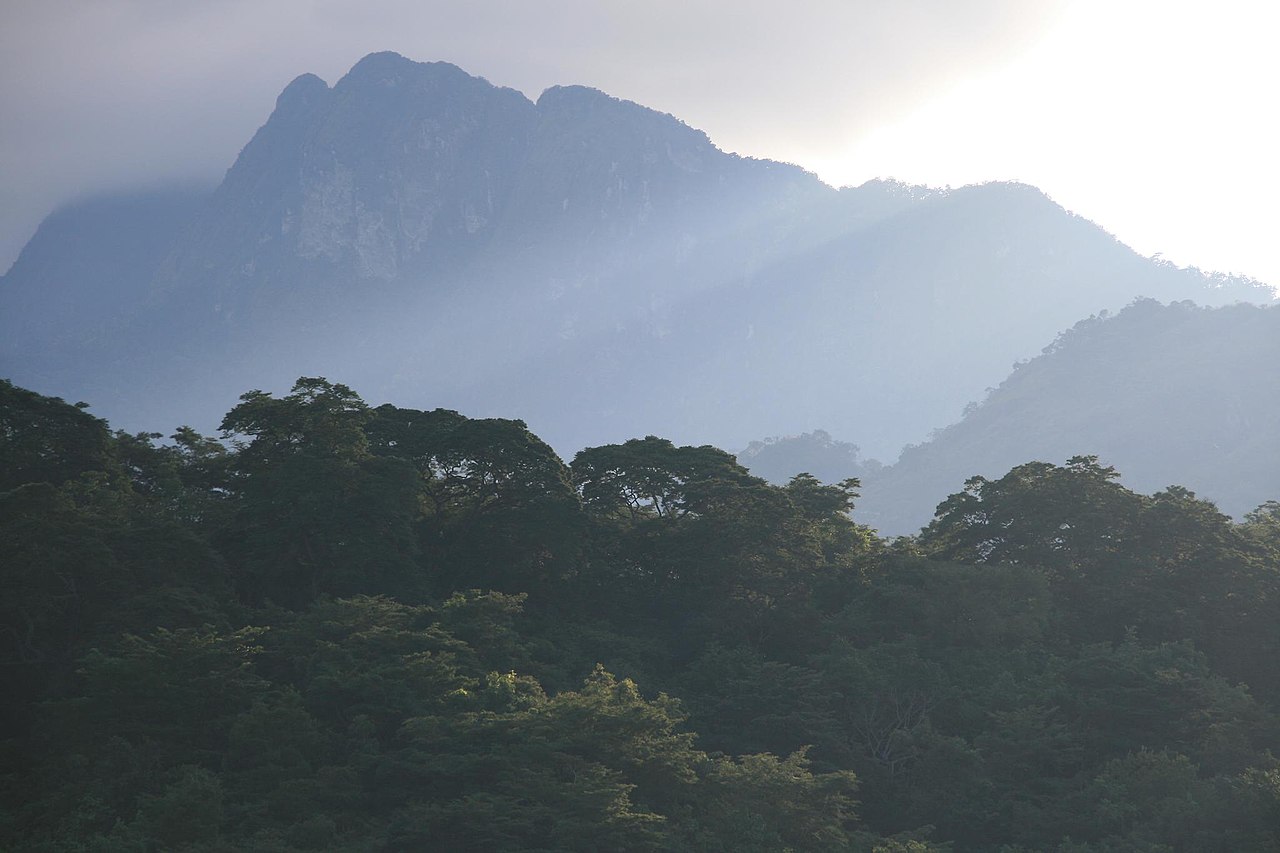
Local Catholic Bishop Peter Kihara Kariuki of Marsabit has called for a broader debate on homosexuality, as some religious leaders call for a crackdown on LGBT+ activities in Kenya. UCA News reported this on March 1.
Christian and Muslim leaders on February 1 called on Kenya’s president to take a firm stance against homosexuality to protect the “religious, cultural and traditional ideals” of the people, according to a statement.
Anti-LGBTQ+ laws are common across Africa: On February 28, Ghana’s parliament passed a bill that would impose a prison sentence of up to three years for anyone found guilty of being LGBT+, and a maximum sentence of five years in prison for creating or financing an LGBT+ Community.-groups
The latest signs of growing opposition to same-sex groups in African culture may also help to understand why the Vatican’s “Fiducia Supplicans” (“Supplying Trust”) statement on the “pastoral meaning of blessings” has been so widely rejected on the African continent. continent.
Gay sex is already illegal in Ghana and offenders face three-year prison sentences. Half of the continent’s countries impose some form of same-sex punishment, ranging from the death penalty in four African countries to prison terms in most North and East African countries. In December, Burundian President Evariste Ndayishimiye said in a radio broadcast that he asked Burundians living abroad and practicing homosexuality “not to return home,” the Associated Press reported.
Meanwhile, religious leaders protesting in Kenya’s capital Nairobi against the “small increase in activity of groups and organizations promoting” the LGBT+ “agenda” noted the Kenyan president’s words that Uganda and Tanzania “have “showed the way in his unequivocal stance against this evil.” “.
Uganda’s anti-LGBTQ+ law carries the death penalty for certain homosexual acts, while in Tanzania same-sex love carries a life sentence.
Homosexuality is also illegal in Kenya, but Bishop Kariuki of Marsabit called for public participation and consultation to assess people’s feelings and position on the issue before taking new measures or passing new laws.
“It is time for Kenya to debate LGBT+ issues before any legislation is enacted or any schooling is enacted and introduced to children,” Bishop Kariuki said. “There needs to be a friendly understanding of what is wanted, what is acceptable and what is not.”
“Our culture of silence or putting things aside because we don’t talk about these issues… will cause them to go underground only to devour what we are supposed to protect.”added the bishop.
Charles Kanjama, a Catholic lawyer and president of the Kenya Christian Professional Forum, is less willing to consult and on February 1 called on President William Ruto to fulfill “his promise against LGBT+ activities in the country”.
In a statement, religious leaders Kanjama and other signatories said “we will not remain silent, we will always be vigilant and will continue to fight to protect family values from evil machinations. “This remains our commitment,” they said.
In a petition sent to parliament, Christian and Muslim leaders called on lawmakers to “investigate the spread of LGBT+ activities” over the past 10 years. They cited the “persistent, well-planned, and well…funded efforts” of LGBT activists to change anti-gay laws.
Leaders also pointed to the education sector in Kenya, saying some Year 4 books and teaching materials contain LGBT content.
“This is an insult to future generations and an attempt to further confuse and mislead our young children.”the petition says.
The latest debate is just a drop in the ocean of the cultural context of Africa, where bishops have rejected the papal declaration of “Fiducia Supplicans.”
Citing cultural differences and doctrinal confusion, bishops’ conferences across Africa have ruled that same-sex blessings will not take place on the continent.
The “Fiducia Supplicans” document, published on December 18, 2023, states that Catholic priests can bless a same-sex couple or another non-traditionally married couple. However, this cannot be a formal liturgical blessing and cannot give the impression that the church is blessing the union as if it were a full marriage.
Earlier, Mombasa Archbishop Martin Kuvuwa Muzonde, president of the Kenya bishops’ conference, said the church was very clear on family and marriage.
Bishop Kariuki of Marsabit agreed that the document does not change the Church’s teachings on the family.
The reaction to the “Fiducia Supplicans” at conferences by various bishops around the world led the Vatican Dicastery for the Doctrine of the Faith to issue a clarification on January 4, signed by the Prefect of the Dicastery, Cardinal Víctor Manuel Fernández, and the Secretary of the Department of Doctrine of the Dicastery, Monsignor. Armando Mateo.
Source: Rossa Primavera
I am Michael Melvin, an experienced news writer with a passion for uncovering stories and bringing them to the public. I have been working in the news industry for over five years now, and my work has been published on multiple websites. As an author at 24 News Reporters, I cover world section of current events stories that are both informative and captivating to read.
